For those who are new to cryptocurrency, one of the major questions has always been “What are smart contracts?” Well, they’re not some legal concept as they may sound, although there’s definitely a contractual agreement among participants.
Smart contracts are codes written into a blockchain that automates the actions required in a blockchain transaction. See them as scripts that automatically execute upon the involved parties meeting certain specified conditions. Also worthy of note is that these scripts (contracts) aren’t written in legal language, but rather programming language (codes).
From decentralized apps to non-fungible tokens and the metaverse, smart contracts form the bedrock of most blockchain use cases. While the nuts and bolts of blockchain technology can seem daunting, this article answers “What are smart contracts” in a simplified manner that makes it easy for all and sundry to understand.
What Are Smart Contracts?
Smart contracts are self-executing contracts with the terms of the agreement directly written into code. These contracts automatically execute and enforce themselves when predetermined terms and conditions are met.
To help you understand better, imagine a vending machine. You put in some money and make a selection, and then the machine automatically gives you the item you chose. A smart contract is similar to that vending machine, but it’s digital and it runs on its own rules that everyone can see and verify. Once certain conditions are met (like sending a payment or fulfilling a service), the smart contract automatically executes the agreement, just like the vending machine delivers your snack.
Smart contracts are created to eliminate the need for intermediaries and facilitate various applications such as supply chain management, financial transactions, voting systems, and more. They allow trusted transactions to be carried out among different anonymous parties without the need for a central authority or any external influence. The goal is to ensure transparency, security, and reliability in blockchain technology.
Although Ethereum revolutionized the digital world with the invention of its smart contracts which powered decentralized finance (DeFi) and non-fungible tokens (NFT), smart contracts were first proposed by Nick Szabo in 1994. Szabo was a computer scientist and legal scholar and in 1998, he developed a virtual currency which he called “Bit Gold.”
He proposed that decentralized consensus and cryptographic techniques could enable the automatic execution of contracts, eliminating the need for intermediaries. In other words, he foresaw a world where electronic transactions can be carried out digitally; very complex payment structures can be built into standardized contracts. Szabo described smart contracts as digital transaction protocols that implement a contract’s terms.
Szabo’s predictions eventually made more sense with the introduction of the Bitcoin technology by Nakamoto Satoshi in 2008. The development of Bitcoin technology provided a practical platform for the launch and implementation of smart contracts. Five years on, however, Vatalik Buterin introduced a programmable blockchain, the Ethereum blockchain platform, specifically designed for executing smart contracts.
Ethereum’s smart contract capabilities allow developers to build decentralized applications (dApps) and token economies using Solidity, a programming language designed for writing smart contracts. Since then, smart contracts have gained traction across various industries beyond finance, including insurance, real estate, supply chain management, and more. Numerous blockchain platforms, including Zypto, now offer smart contract functionality, each with unique features and capabilities.
How Do Smart Contracts Work?
As we answer the question “What are smart contracts?”, let’s learn how they work. Let’s x-ray a traditional contract to paint a near-perfect picture of how smart contracts function.
If you’ve ever rented a property, you would agree that the transaction wasn’t complete without a contract between you and the landlord. This contract carefully defined the terms of the rental agreement; the amount to be paid, the expected date of payment, and consequently for non-compliance. Now, there’s always the need for a third party in a traditional contract to enforce the terms. This third party is usually a legal practitioner or a court that will step in in the case of any dispute between the two parties. In many cases, the third party is actively involved in the creation of the contract.
Smart contracts function similarly, only that they operate on a distributed ledger technology, meaning that there’s no need for intermediaries to oversee the contract. Smart contracts encode the terms and penalties of a binding agreement between two parties. Because it operates on blockchain technology, encrypted codes rather than legal language are used to write the contracts. Smart contracts execute automatically once predefined conditions are met. More like a piece of code that “does this if that happens”.
As such, smart contracts follow “if/when…then” statements as contained in the code of the blockchain. So let’s say that the contract written in a piece of code says “If you get up to 10000 subscribers by year’s end, you’ll receive 20 Ethereum.” Once a party meets the condition (gets 10000 subscribers, the contract delivers automatically (he receives 20 ETH into his account). The criteria to be met (actions) are considered triggers for the execution of the contract.
These actions can be issuing a ticket, sending a notification, or releasing funds to the appropriate party. The parties involved in the transaction must agree to the terms or conditions of the contracts. Typically, how the contract will operate, including the rules that govern the transaction. They must also explore all possible exceptions and specify a framework for dispute resolution.
The provisions of the contracts are coded in a programming language and uploaded to the blockchain. Once the transaction is verified and completed, it is published on the blockchain and cannot be reversed or altered. Immutability is a fundamental characteristic of blockchain technology, offering trust and security that the contract will execute exactly as written.
Generally, the immutability benefits include transparency, which ensures that all parties can trust the contract’s terms, and security, which prevents any form of tampering or authorized changes. Also, predictability, which guarantees that the contract’s behavior will remain consistent over time.

Real-World Applications of Smart Contracts
Now that we’ve thoroughly answered the question, what are smart contracts and x-ray how they work, let’s see some real-world applications of smart contracts. Smart contracts have a wide range of applications across various industries due to their ability to enable, verify, and enforce the negotiation and execution of contracts without the need for intermediaries. Here are a few examples of key applications.
Finance and Banking
Smart contracts and blockchain technology have revolutionized the finance industry. With the introduction of decentralized finance (DeFi), people can easily trade, lend, and borrow funds without the need for intermediaries and unending protocols. Smart contracts execute a set of financial rules automatically so that there’s no need for banks and other regulatory bodies; funds can be held until all conditions of a contract are met.
Smart contracts can also help to promote transparency and accuracy of data collection. By ensuring the accuracy of financial data, it ensures compliance and radically reduces auditing costs.
Supply Chain Management
Smart contracts execute automatically and so, can be relevant in simplifying supply chain management. First off, it can facilitate proper tracing and tracking of the movement of goods through the supply chain. Automated payment is another big deal; you can design a smart contract to disburse payments automatically when goods are delivered.
Real Estate
You can use smart contract technology to facilitate the buying, selling, and renting of property. Furthermore, it can be used to let people own a percentage of properties rather than one person owning the entire property. The use of digital tokens which represent real estate ownership can achieve this.
Healthcare
With the invention of smart contracts, secure and seamless sharing and managing patient data have become obtainable. Smart contracts enable automation of the process of data sharing and consent management for clinical trials. Blockchain technology can also facilitate the verification of data to ensure its accuracy.
Government and Public Sector
Smart contracts can help promote transparency in governance procedures such as voting. For example, it can help in streamlining the process of verifying identities and credentials. There can be digital forms of verification where you can learn about individuals without revealing their identities.
When it comes to voting, smart contracts can be useful in achieving secure and transparent electronic voting; smart contracts are ledger-protected and so, when used for a voting process the chances of manipulation are drastically minimized. Voters can also vote from anywhere in the world with an online voting system powered by smart contracts.
Gaming and Entertainment
Smart contracts can make royalty payments easier. Payments to artists and content creators can be automated based on distribution and usage. For example, the contract can specify what percentage of the royalty income goes to the artist, and the record label and distributions are made automatically once the parameters are met. Managing ownership and transfer of in-game assets and digital collectibles can also be facilitated by the use of smart contracts.
Legal and Compliance
Smart contracts can play a huge role in the legal system as it lets you automate legal agreements and compliance checks. It can also make the management and enforcement of intellectual property rights less hassle.
Conclusion
As we wrap up, let’s quickly go over what are smart contracts. Smart contracts are digital agreements signed and stored on a blockchain which are automatically executed once predetermined conditions are met. By automating actions and events, the need for an intermediary or trust between the transacting parties is removed.
Smart contracts represent a significant innovation in automating contractual agreements, leveraging blockchain technology to enhance transparency, efficiency, and security in digital transactions. The good news is that the potential applications of smart contracts continue to expand as technology and use cases evolve.
Did you enjoy the read? Have any more questions about smart contracts? Let us know in the comments!
Do you think using a smart contract will be a game-changer for your organization? There’s no better time since the use of smart contracts will likely increase due to their wide range of uses. Thankfully, you can embrace the future of DeFi payments with Zypto. Zypto has emerged as a leader, integrating innovative solutions and a user-centric approach to redefine payments. In many ways, Zypto has reshaped how businesses and consumers transact.

FAQs
What are Smart Contracts in Simple Terms?
Simply put, smart contracts are codes written into a blockchain that execute automatically once you meet the predetermined conditions. This is practically how it works; if this happens, then do this.
What is the Purpose of a Smart Contract?
The general idea behind the blockchain creation in the first place is to create a financial system where people can easily transact without the need for regulation by a third party.
Smart contract upholds this idea; very complex payment structures are built into standardized contracts that execute automatically without intermediaries, promoting transparency and security.
What are the Top 10 Smart Contracts Platforms in 2024?
The top 10 smart contracts in 2024 include Ethereum, Binance Smart Chain (BSC), TRON, Cardano, Arbitrum, Solana, Avalanche, Polygon, Algorand and Tezos.
How Can I Create a Contract?
The first step in creating a smart contract is determining the contract; the criteria to be met and the results, then coding the contract using a programming language.
After encoding, test your smart contract to get feedback on how well your smart contract works before placing it in your chosen network.
What is a Real-World Application Example of Smart Contracts?
The use case of smart contracts is very obvious in such sectors as insurance where there can be a myriad of disputes arising from an existing contract.
Smart contracts can help to automate claims processing and payouts based on predefined conditions. This will be a more efficient approach to the manual disbursement process.










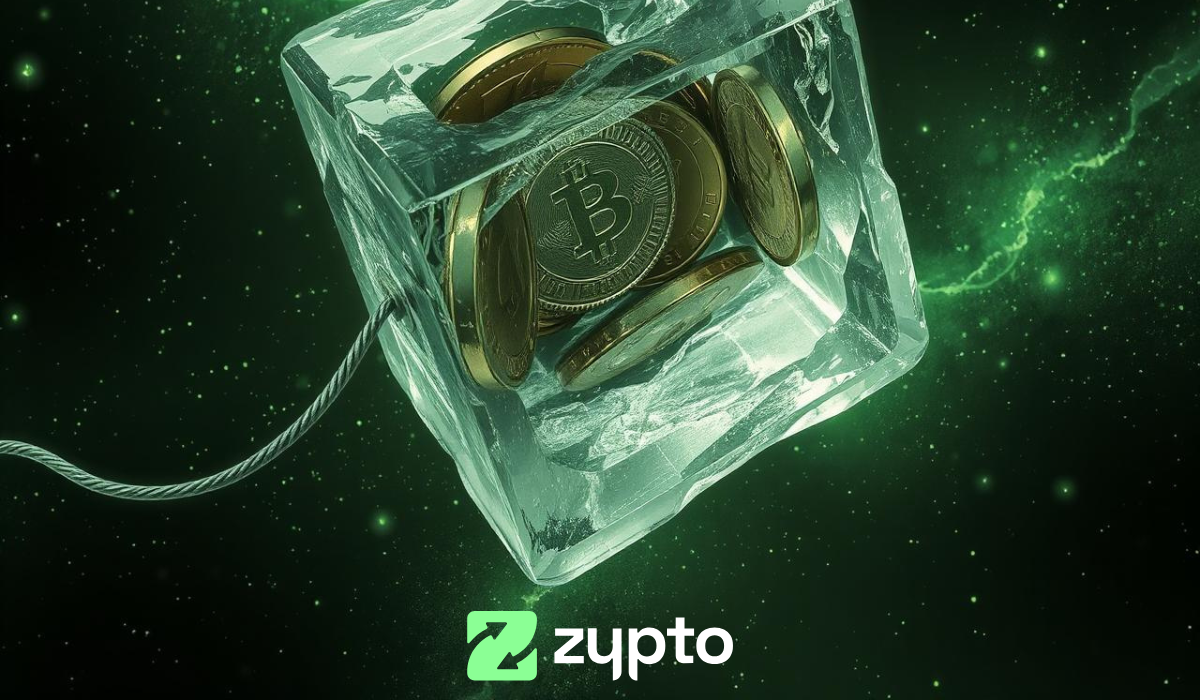


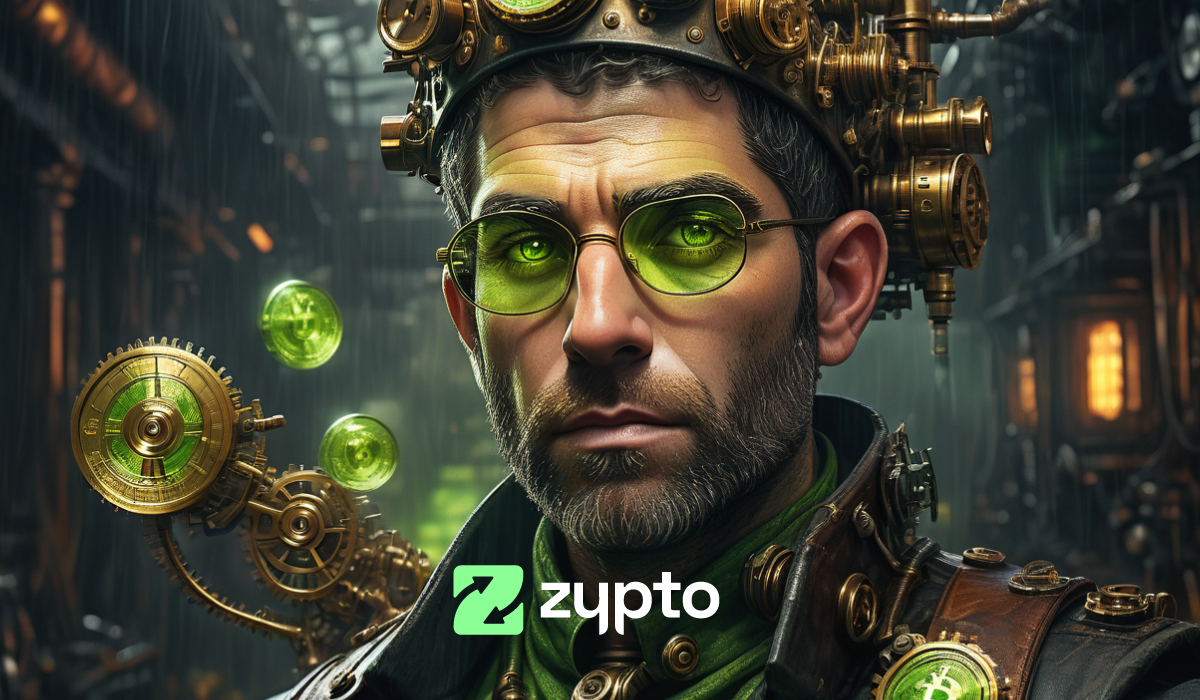
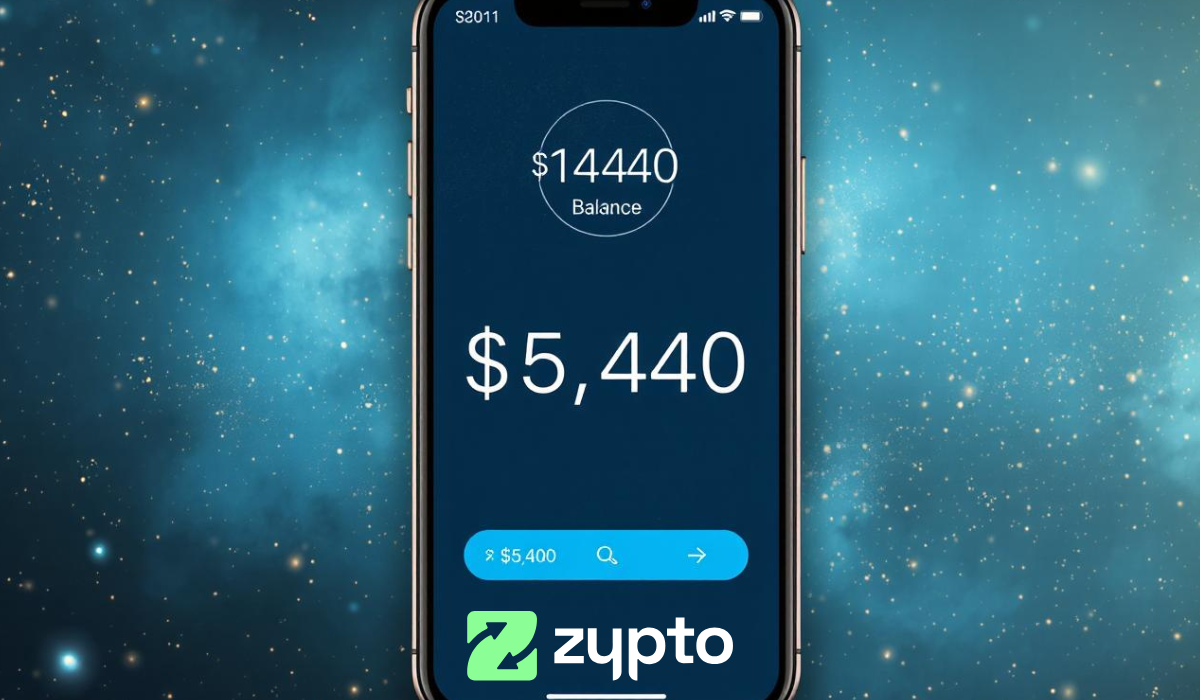








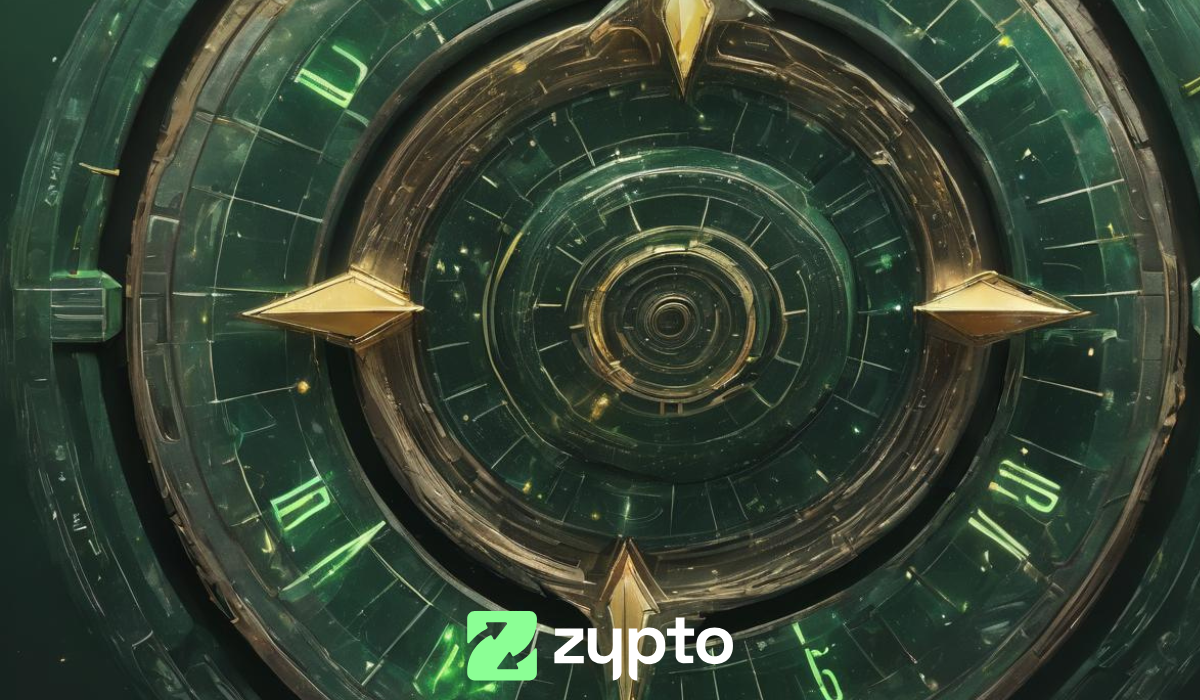



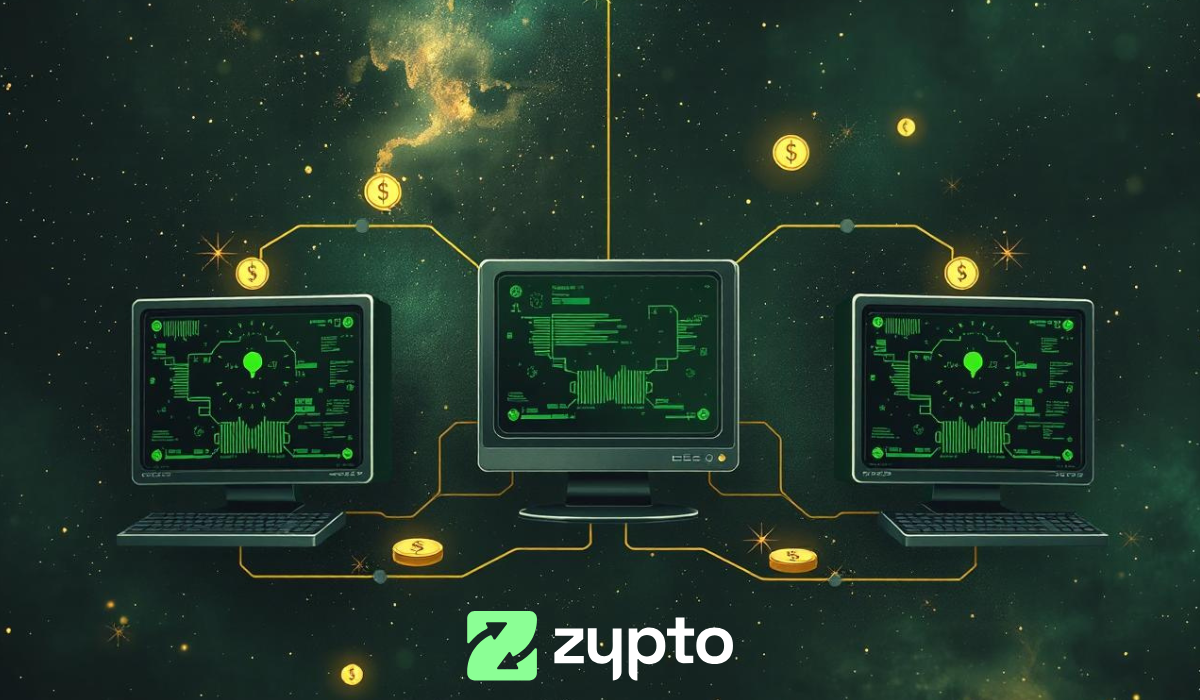

0 Comments